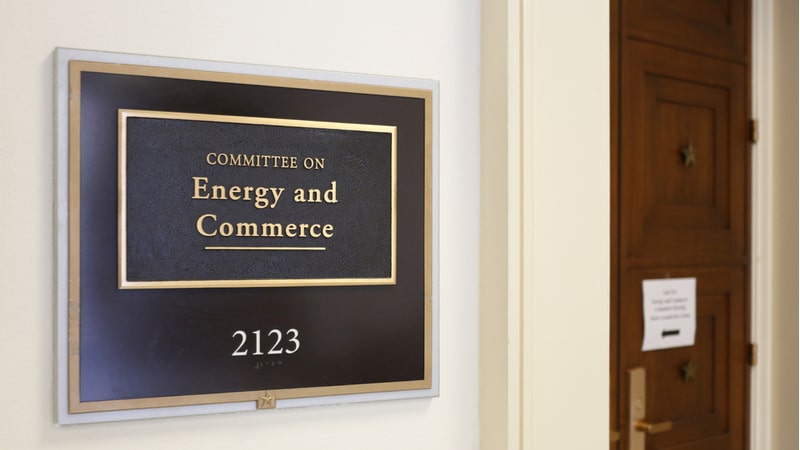
The House Energy and Commerce Committee voted to approve four bipartisan bills related to cybersecurity and energy grid security on July 17, and sent those pieces of legislation to the full House for consideration.
The committee passed the Energy Emergency Leadership Act (H.R. 362), which would create a new assistant secretary position in the Department of Energy (DoE) with jurisdiction over energy security functions, including cybersecurity. The position would also manage energy emergencies. The new position also would work with state and local governments to provide Federal support.
Also approved was the Cyber Sense Act of 2019 (H.R. 360), which would require DoE to establish a voluntary program to test the cybersecurity of products in the bulk-power system. The Cyber Sense program would review products every two years.
Pipeline security also gained some traction, as the committee passed the Pipeline and LNG Facility Cybersecurity Preparedness Act (H.R. 370). Under the bill, DoE would coordinate partners in government and the energy sector, develop cybersecurity capabilities and pilots, and develop curricula for pipeline cybersecurity.
The committee passed the Enhancing Grid Security through Public-Private Partnerships Act (H.R. 359), which would develop a program to promote physical and cybersecurity at electric utilities. The Department of Energy would prioritize support for smaller utilities and require a report to Congress on cybersecurity priorities and implementation at utilities.
“Today our Committee took decisive action to improve energy efficiency and security, all while making our nation’s energy sector workforce more accessible and diverse,” said Rep. Frank Pallone, D-N.J., chairman of the committee.
